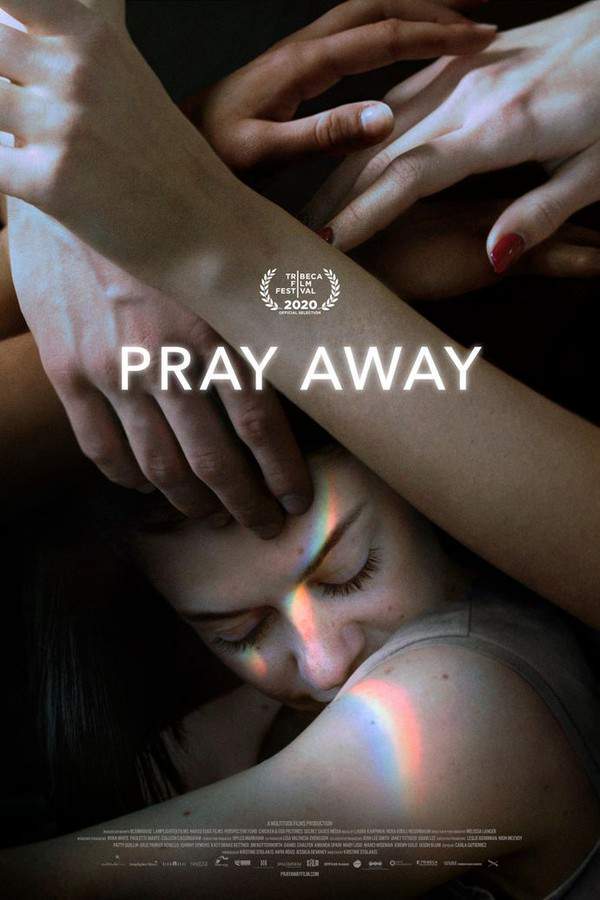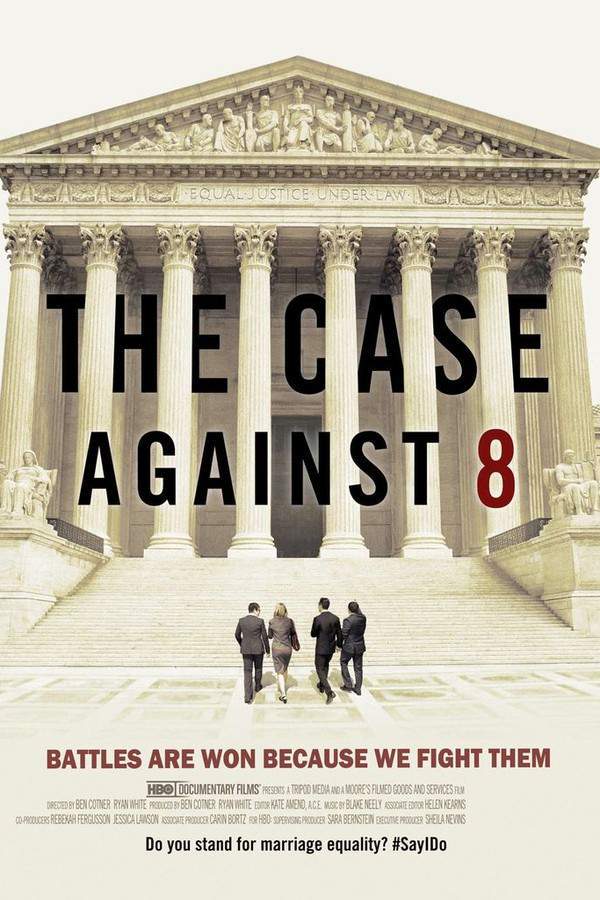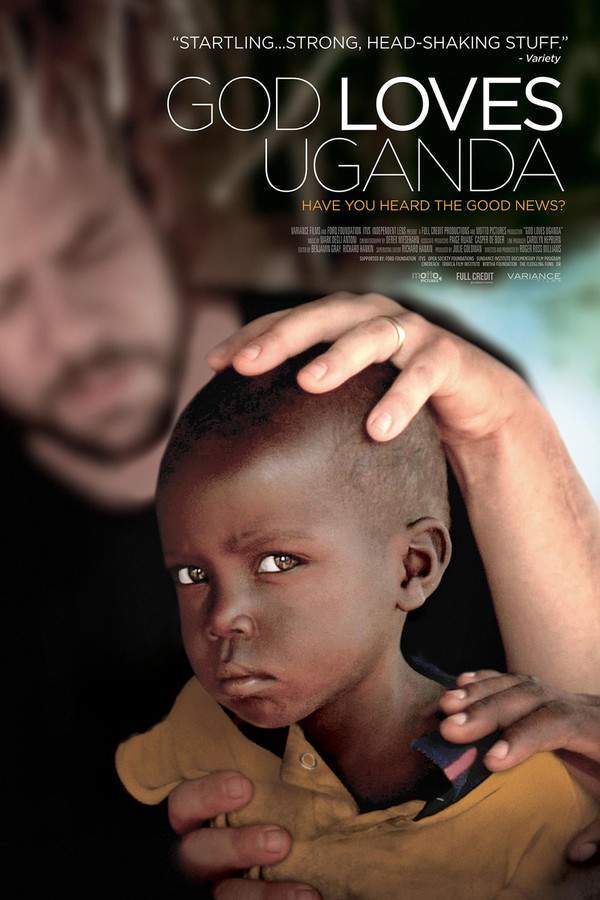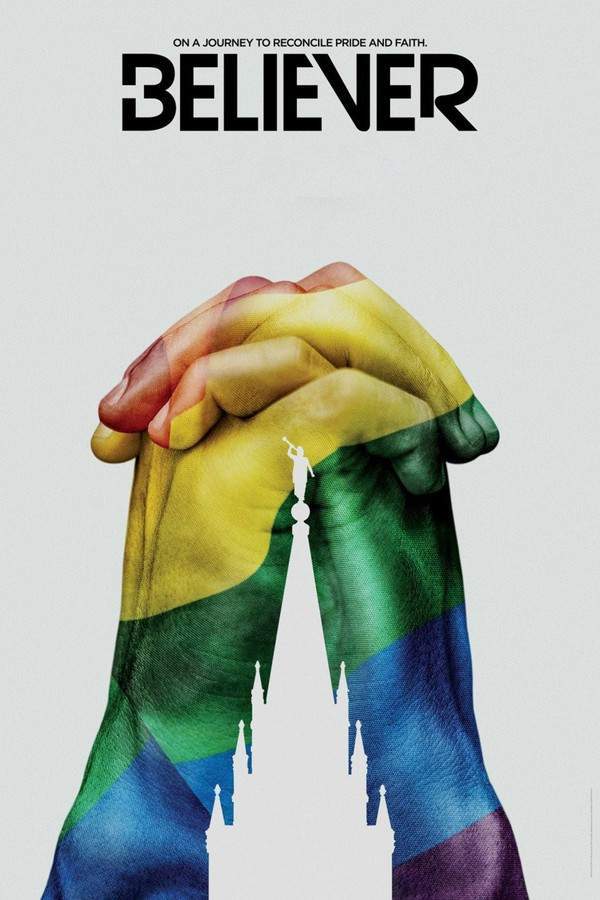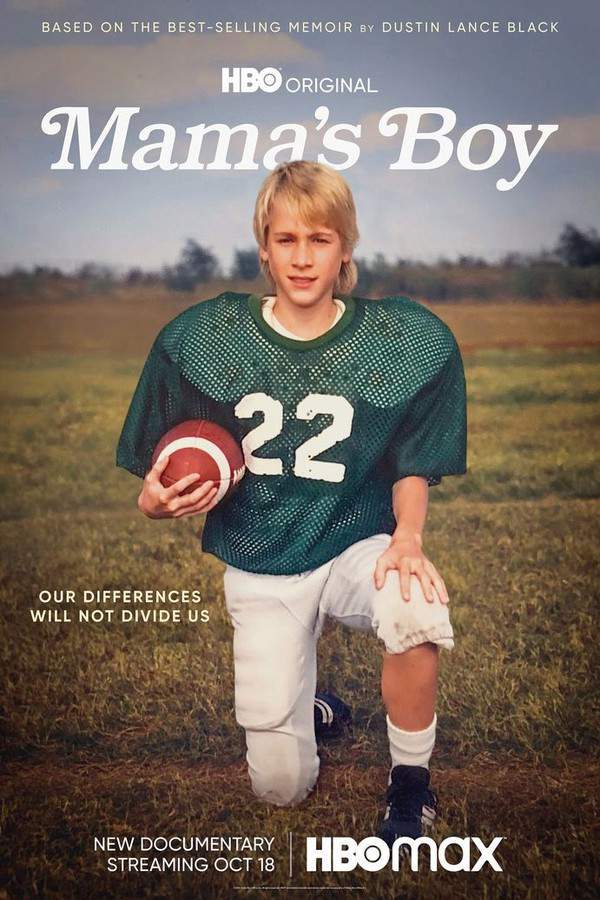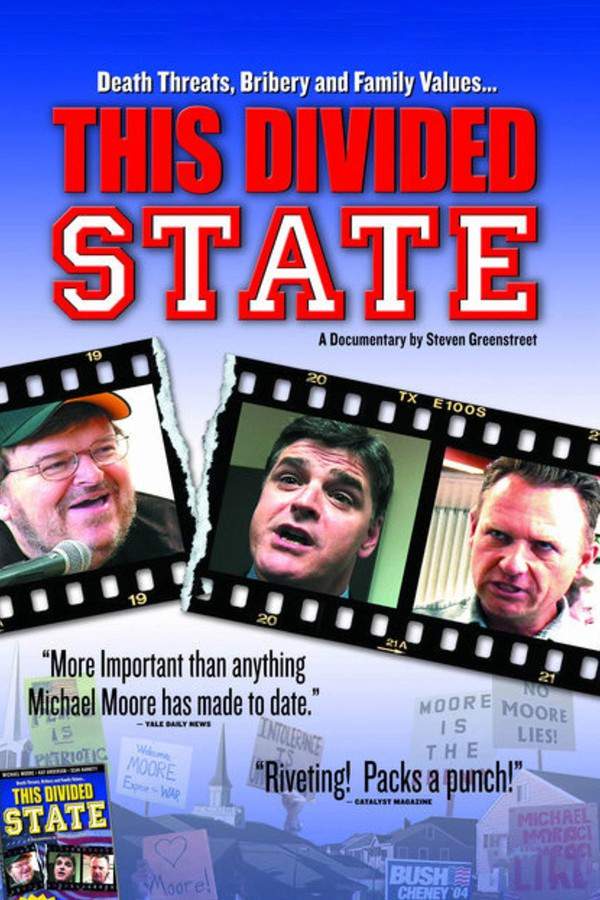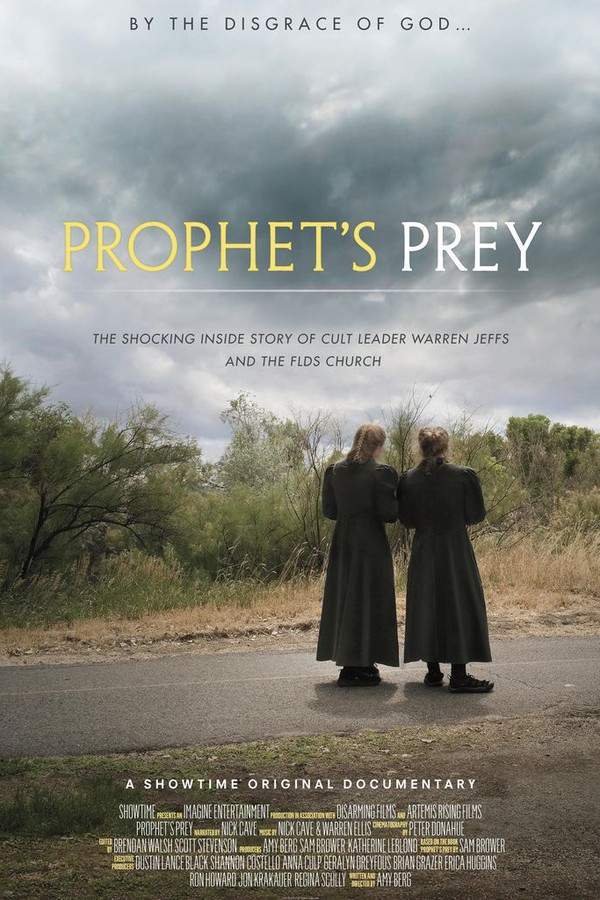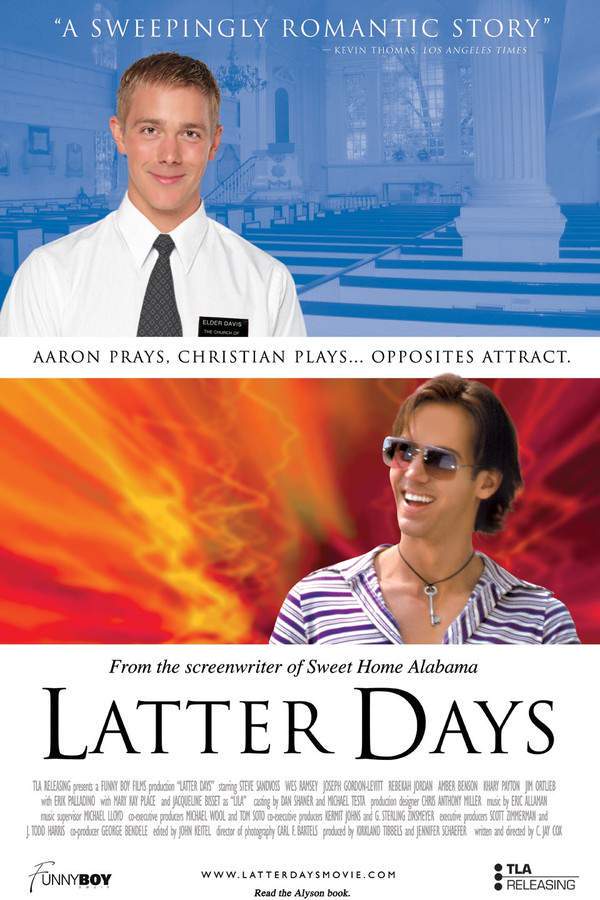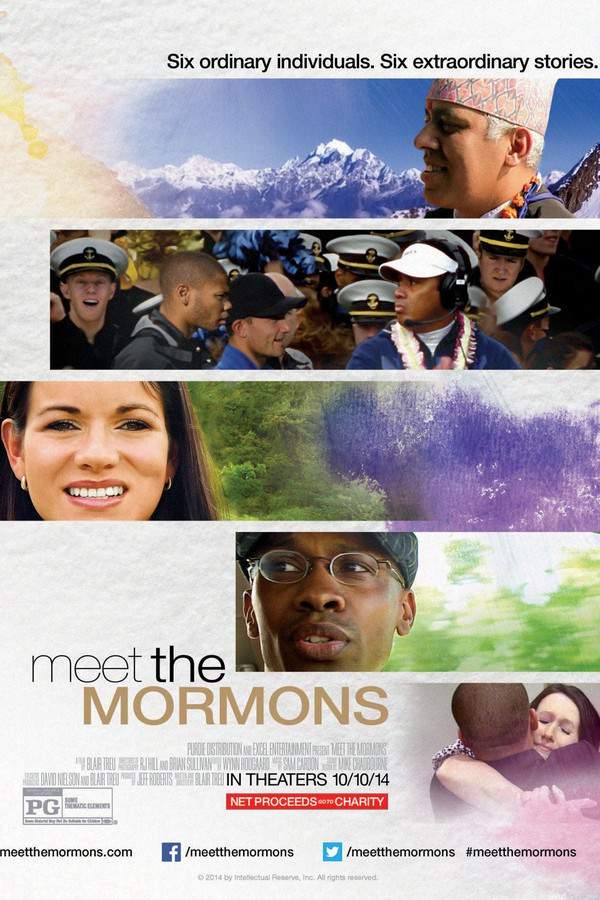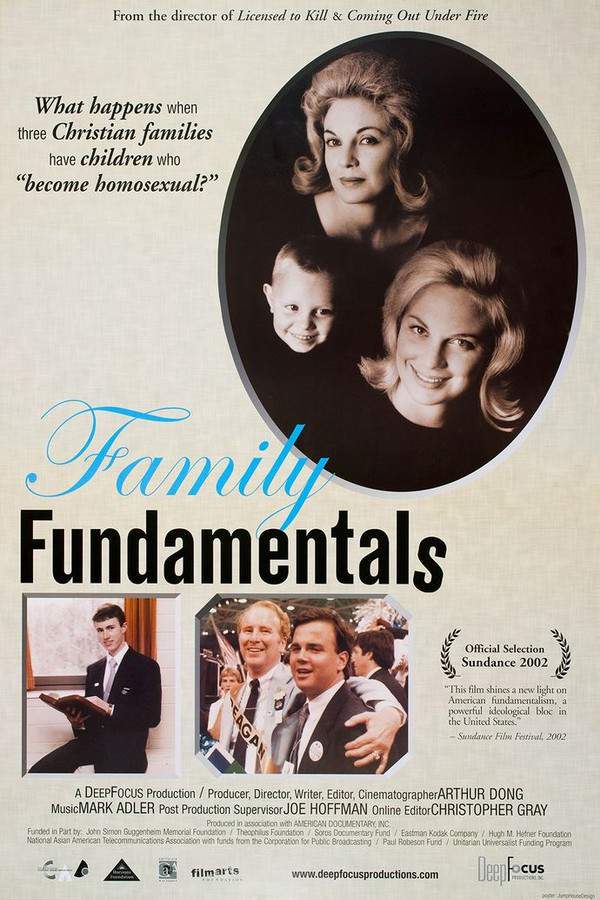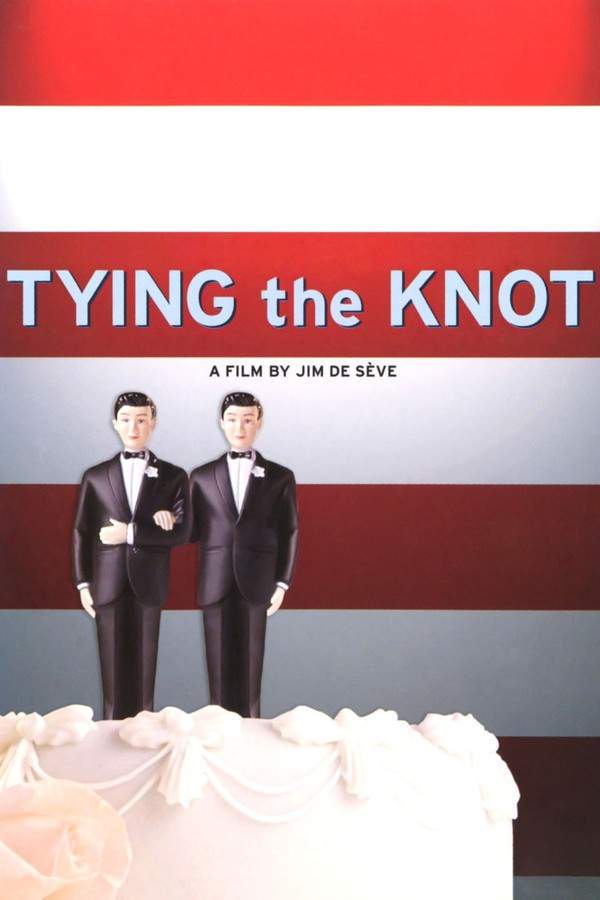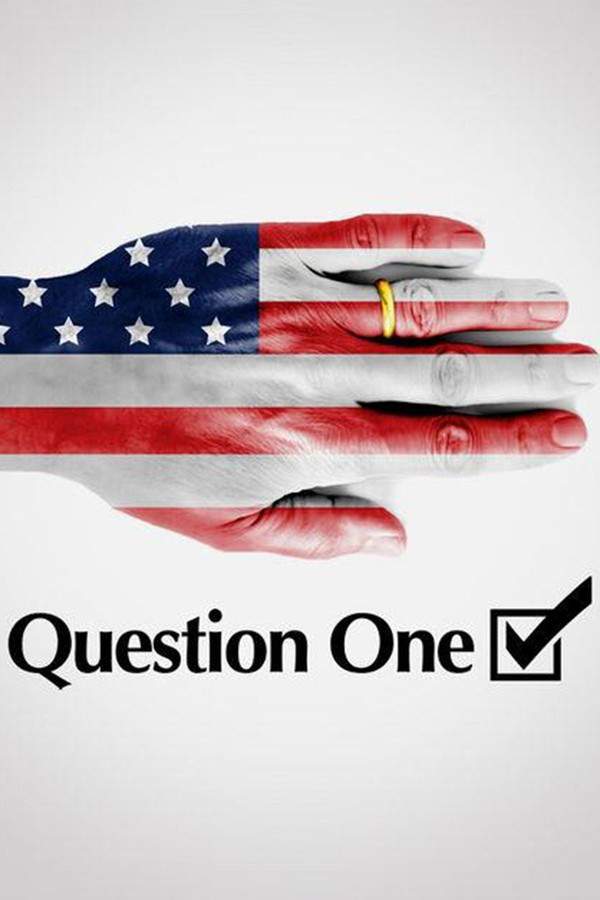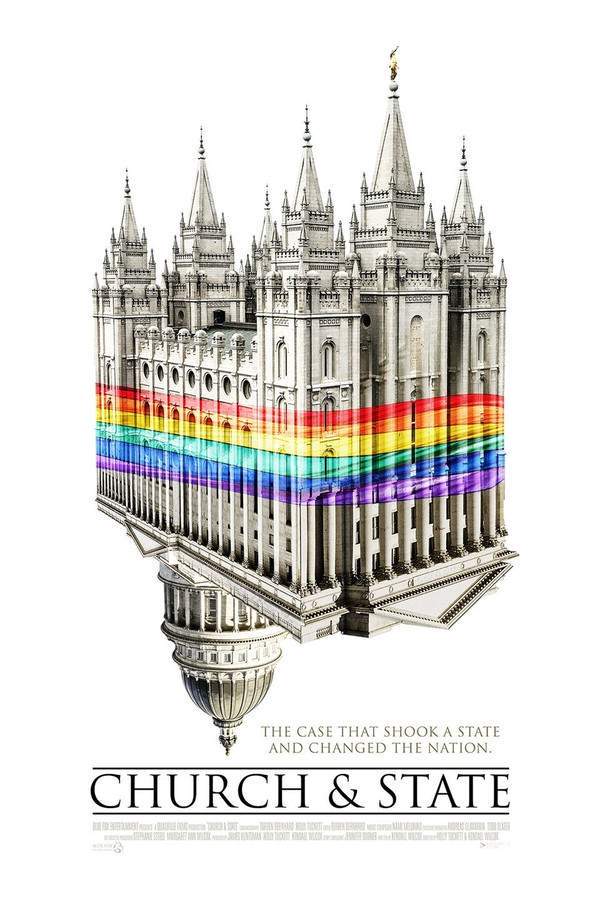8: The Mormon Proposition 2010
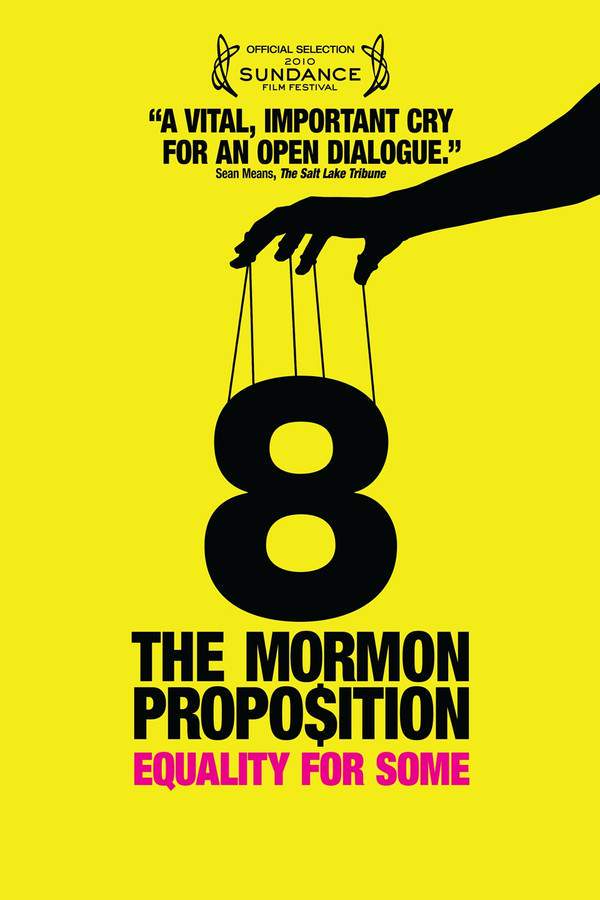
This documentary explores the Mormon Church’s involvement in the campaign to pass Proposition 8, a pivotal California ballot initiative that ignited a national discussion about same-sex marriage. Director Reed Cowan shares his personal experiences growing up gay within the Mormon faith in Utah, offering a poignant look at the issue. The film features compelling testimonies and examines the significant impact of this campaign on the LGBTQ+ community.
Does 8: The Mormon Proposition have end credit scenes?
No!
8: The Mormon Proposition does not have end credit scenes. You can leave when the credits roll.
Meet the Full Cast and Actors of 8: The Mormon Proposition
Explore the complete cast of 8: The Mormon Proposition, including both lead and supporting actors. Learn who plays each character, discover their past roles and achievements, and find out what makes this ensemble cast stand out in the world of film and television.
No actors found
External Links and Streaming Options
Discover where to watch 8: The Mormon Proposition online, including streaming platforms, rental options, and official sources. Compare reviews, ratings, and in-depth movie information across sites like IMDb, TMDb, Wikipedia or Rotten Tomatoes.
Ratings and Reviews for 8: The Mormon Proposition
See how 8: The Mormon Proposition is rated across major platforms like IMDb, Metacritic, and TMDb. Compare audience scores and critic reviews to understand where 8: The Mormon Proposition stands among top-rated movies in its genre.

55
Metascore
7.8
User Score


65%
TOMATOMETER

72%
User Score

7.1 /10
IMDb Rating

57
%
User Score
Take the Ultimate 8: The Mormon Proposition Movie Quiz
Challenge your knowledge of 8: The Mormon Proposition with this fun and interactive movie quiz. Test yourself on key plot points, iconic characters, hidden details, and memorable moments to see how well you really know the film.
8: The Mormon Proposition Quiz: Test your knowledge on the intricate issues surrounding the documentary '8: The Mormon Proposition' and its exploration of the Mormon Church's role in the fight against same-sex marriage.
What California proposition spurred significant involvement from the Mormon Church?
Proposition 7
Proposition 8
Proposition 9
Proposition 10
Show hint
Full Plot Summary and Ending Explained for 8: The Mormon Proposition
Read the complete plot summary of 8: The Mormon Proposition, including all major events, twists, and the full ending explained in detail. Explore key characters, themes, hidden meanings, and everything you need to understand the story from beginning to end.
As California’s anti-gay marriage Proposition 8 struggled in the polls, Mormon Prophet Thomas S. Monson issued a provocative call from Salt Lake City, commanding millions of Mormons worldwide to take action. This urgent order, infused with the secret code language from the highly confidential Mormon temple ceremony, incited Mormons both inside and outside California to do everything within their power to ensure the passage of Proposition 8. Within a matter of days, hundreds of thousands of Mormons across the United States funneled a staggering thirty million dollars into California, all aimed at securing the passage of this anti-gay marriage measure.
Before the Mormons joined the fray, evangelicals were struggling and failing in their fight against marriage equality. However, once the Mormons came on board, the movement gained significant momentum. The extensive media campaign orchestrated by the Mormon Church, supported by high-priced public relations firms and political consultants, bombarded Californians with a torrent of misleading television and radio ads, as well as a vigorous door-to-door campaign organized by the Mormon National Organization for Marriage.
When Proposition 8 passed by a narrow margin, the Mormons were quick to claim credit for this victory. Ironically, they soon found themselves facing backlash as LGBT activists directed their anger towards Mormon temples across the nation. In what seemed to be a classic case of irony, the Mormon Church quickly complained about being persecuted.
Amid this turbulence, documentary producer Reed Cowan began gathering secret audio recordings, documents, and previously unseen footage that revealed the Church’s efforts to suppress any rights for LGBT citizens globally. As a former Mormon missionary, Cowan expressed his disbelief, stating, “I am appalled in knowing that a church which itself worships the practice of alternative marriage (polygamy) would become so vehemently involved in the marriage debate.”
The film, 8: The Mormon Proposition, chronicles the plight of many LGBT individuals advocating for marriage equality. Among the couples featured are Tyler Barrick and Spencer Jones, whose lineage connects to the Mormon Church’s founders; Barrick is a direct descendant of Fredrick G. Williams, who was a close associate of Joseph Smith. The historical narratives of the Barrick-Jones family reveal a legacy of their ancestors being persecuted for their practice of polygamy. Now, generations later, they find themselves facing similar cultural and governmental discrimination, but this time perpetrated by their own faith, with the very institution that seduced them into voting against their union.
Reflecting on their experience, Barrick-Jones lamented, “When 8 passed, I called my mother crying—why did the Mormons do this to us? Why would our own people do this to us? They have turned their backs on us.”
8: The Mormon Proposition uncovers decades-long campaigns to undermine LGBT rights, showcasing not only the strategic moves to unseat politicians supporting marriage equality but also the human rights abuses inflicted upon members of their own community, such as electric shock therapy and frontal lobotomies enforced on men at BYU by Mormon security. The documentary makes headline-grabbing revelations about alleged covert meetings between Mormon Prophet Spencer W. Kimball and a clandestine group of gay BYU students, known as “Spencer’s boys.” It also recounts the tragic stories of gay-Mormon suicides, including that of Stuart Matis, who tragically took his life on the steps of a California Mormon Church during the Church’s active campaign against marriage equality.
Even before its official release, 8 drew significant attention from international media. During the filming, Cowan captured an outrageous interview with Mormon Bishop and Senator D. Chris Buttars, who infamously compared gay individuals to radical terrorists, claiming “gays represent the greatest threat to America going down today.” His derogatory remarks about gay people engaged in “pig sex” triggered a substantial backlash, including coordinated responses from the HRC and GLAAD, ultimately resulting in Buttars being ousted from his role as chair of Utah’s Senate Judiciary Committee.
The fallout from Buttars’s statements dominated the public discourse, sparking coverage from major media outlets like Forbes, Washington Post, and The Rachel Maddow Show, which collectively resulted in thirty thousand emails sent to the Utah Senate President and a three-day crash of the Utah Senate computer server.
Moreover, the documentary sheds light on the dire circumstances of Utah’s homeless LGBT youth, revealing that a significant portion of the hundreds of homeless teens in the state are LGBT individuals who have been disowned by their families after coming out.
Involving itself in broader issues of human rights, 8: The Mormon Proposition stands as a poignant reminder of the potential risk for the Mormon Church to lose its tax-exempt status. Cowan emphasizes the urgent need for not just LGBT individuals, but all citizens to become vigilant and aware of the funding and influence behind ballot measures, especially when they gain unexpected momentum.
In the words of Reed Cowan, “8: The Mormon Proposition puts on record one of the greatest election shams in the history of the United States. If the Mormon church gets a pass on this one, we’re in grave danger as a society of letting other groups purchase votes and we’re putting power behind their so-called ‘secret combinations’ to do it again. This can never happen again. Never.”
Uncover the Details: Timeline, Characters, Themes, and Beyond!

Coming soon on iOS and Android
The Plot Explained Mobile App
From blockbusters to hidden gems — dive into movie stories anytime, anywhere. Save your favorites, discover plots faster, and never miss a twist again.
Sign up to be the first to know when we launch. Your email stays private — always.
Watch Trailers, Clips & Behind-the-Scenes for 8: The Mormon Proposition
Watch official trailers, exclusive clips, cast interviews, and behind-the-scenes footage from 8: The Mormon Proposition. Dive deeper into the making of the film, its standout moments, and key production insights.
8: The Mormon Proposition Themes and Keywords
Discover the central themes, ideas, and keywords that define the movie’s story, tone, and message. Analyze the film’s deeper meanings, genre influences, and recurring concepts.
8: The Mormon Proposition Other Names and Titles
Explore the various alternative titles, translations, and other names used for 8: The Mormon Proposition across different regions and languages. Understand how the film is marketed and recognized worldwide.
Similar Movies To 8: The Mormon Proposition You Should Know About
Browse a curated list of movies similar in genre, tone, characters, or story structure. Discover new titles like the one you're watching, perfect for fans of related plots, vibes, or cinematic styles.
Quick Links: Summary, Cast, Ratings, More

What's After the Movie?
Not sure whether to stay after the credits? Find out!
Explore Our Movie Platform
New Movie Releases (2026)
Famous Movie Actors
Top Film Production Studios
Movie Plot Summaries & Endings
Major Movie Awards & Winners
Best Concert Films & Music Documentaries
Movie Collections and Curated Lists
© 2026 What's After the Movie. All rights reserved.













